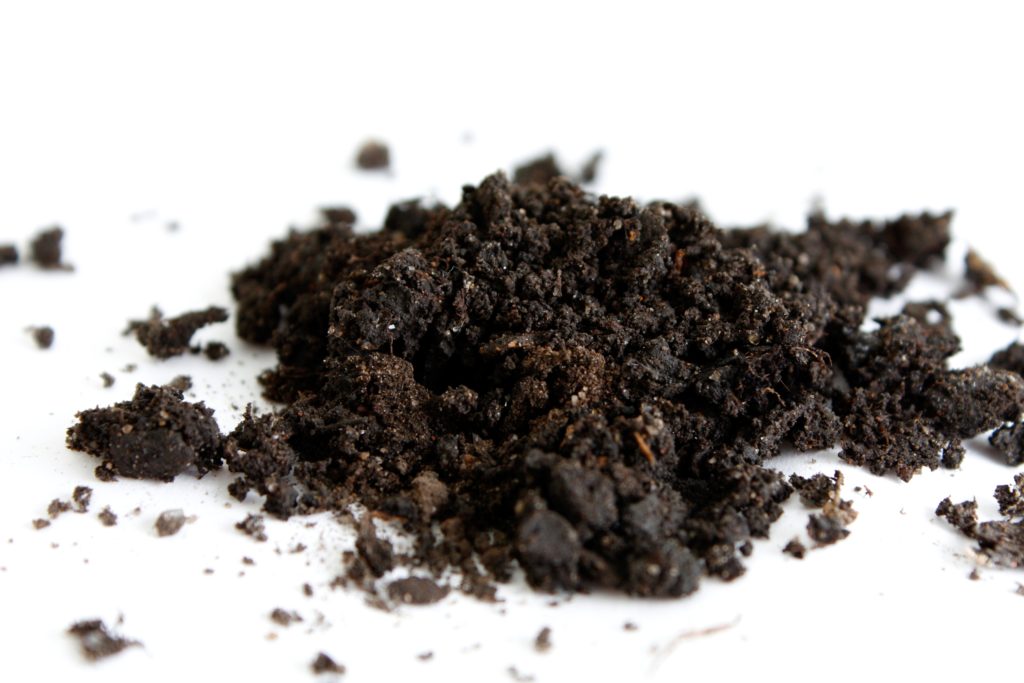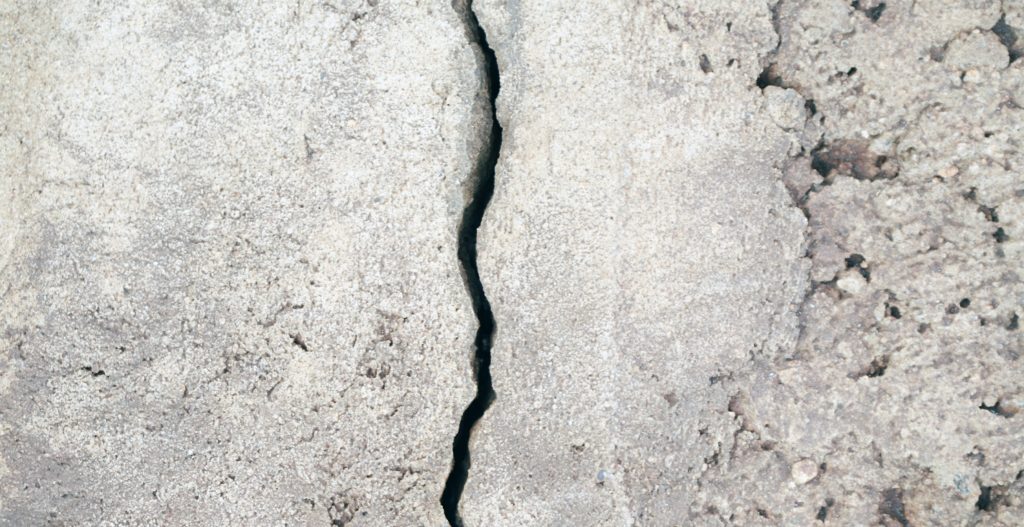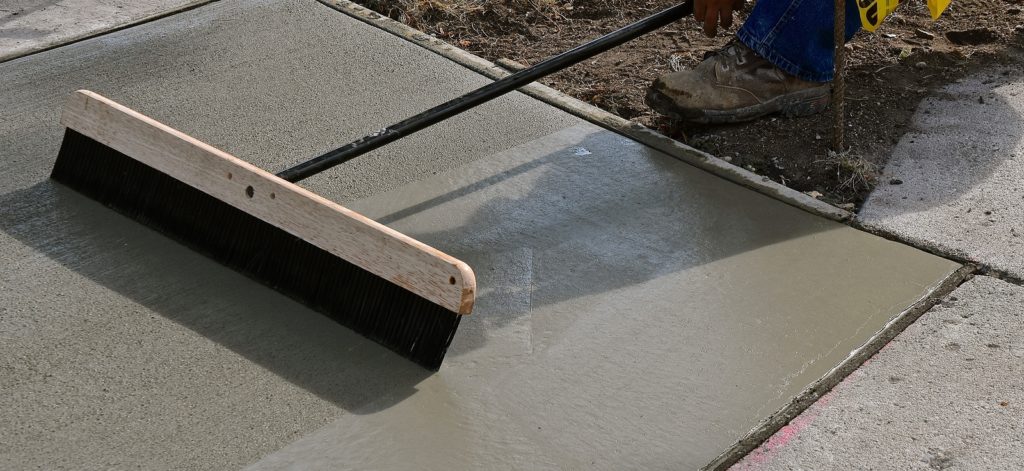Often times, paving companies or contractors will begin a paving project, only to find that the soil beneath the old pavement is too soft and not stable enough to take on new material. There are a few common causes for soil instability, all of which can interrupt a paving project. But fortunately, unstable soil can be resolved. It just takes a few extra steps. Continue reading to learn what causes soil instability, and how to fix it for purposes of paving.
Causes of Soil Instability
There are three main causes of soil instability: 1) organic presence, 2) lack of compaction, and 3) poor composition. Look below for a brief explanation of each issue.
Organic Presence – The excessive presence of organic matter, especially decomposing organics, can cause soil to soften, making it unstable. This includes insects, leaves, plant matter, and water.
Poor Compaction – When soil lacks compaction, it is weak and does not retain the ability to properly bear weight. Lack of compaction means soil is soft and unable to stabilize for the purpose of bearing weight, such as paving material.
Poor Composition – The make-up of soil has a major influence on its level of stability. When improper levels of essential minerals, namely air, water, and organic matter, are present in soil, it lacks the ability to be strong. Soil needs just the right amount of moisture, matter, and air to be stable for paving.
Paving Over Soil
You cannot add new asphalt paving material on top of an unstable foundation. And soft soil is unstable. Instead, new asphalt paving solutions need to be considered and chosen. Most of the time, soft soil can be resolved, and once they are, paving projects can continue as planned. Various methods for treating soil instability have proven effective, either on their own or in combination with each other. They include practices such as:
➥ Using drainage tiles to remove excess moisture from soil.
➥ Excavating the soft soil and replacing it with a proper base material.
➥ Tilling and turning the soil to encourage drying or hardening.
➥ Using soil separation fabrics to prevent soil from intermixing with base materials.
➥ Using reinforcement grids (geo grids) to even out the weight of the load.
➥ Tilling chemical stabilization into the soil to change the composition to make it stronger.
➥ Applying foam asphalt injections to mimic the characteristics of pavement.
Indianapolis Paving Contractors
Call ACI Asphalt and Concrete Inc. at 317-549-1833 for professional pavement repair and installation in Indianapolis, Indiana and its surrounding counties. Owner Lindsey Lewis, and his team of licensed paving contractors, provide a wide range of asphalt and concrete paving services for commercial, industrial, and municipal properties throughout the state. As highly-trained and experienced pavers, you can trust us for quality service at an honest price. Call 317-549-1833 torequest an estimate for Indianapolis
paving services, today.





